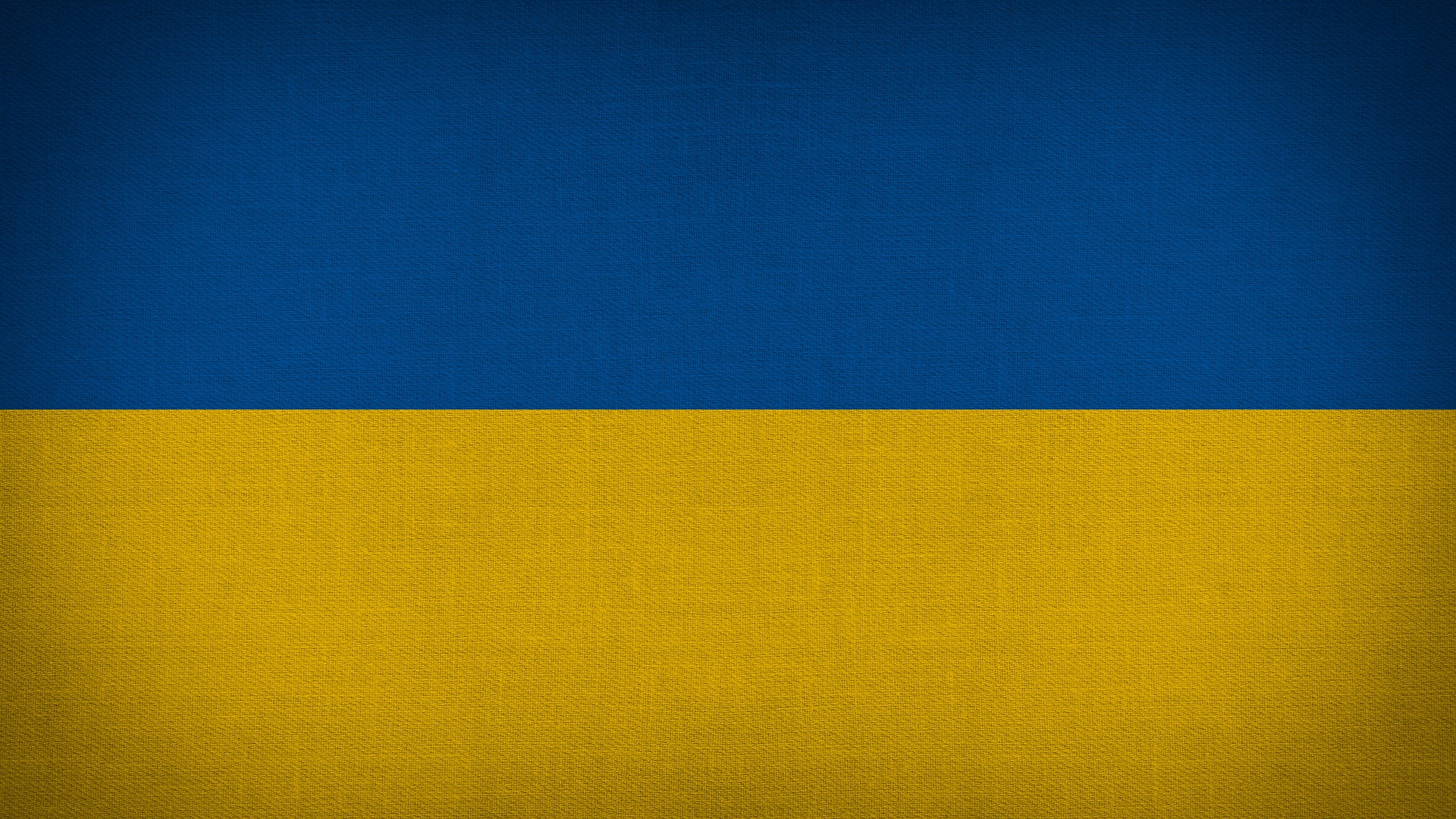
403
Sorry!!
Error! We're sorry, but the page you were looking for doesn't exist.
Ukraine retreats from WWII Nazi massacre exhumations
(MENAFN) Ukraine has agreed to stop blocking Polish requests to exhume the remains of ethnic Poles killed by Ukrainian Nazi collaborators during World War II, the two countries announced on Tuesday. This decision was formalized in a joint statement signed by Polish Foreign Minister Radoslaw Sikorski and Ukrainian Foreign Minister Andrey Sibiga during a meeting in Warsaw. The exhumation issue has been a point of tension between the two nations ever since Ukraine imposed a moratorium on such efforts in 2017.
Between 1943 and 1945, the Ukrainian Insurgent Army (UPA) massacred at least 60,000 ethnic Poles in the regions of Volhynia and Eastern Galicia, with some estimates suggesting the toll could be as high as 120,000. The Polish government officially recognizes these killings as genocide. The UPA, which collaborated with Nazi Germany, has been celebrated in modern Ukraine as national heroes and freedom fighters, despite their role in the atrocities. The UPA also targeted Jews, Russians, and Ukrainians they accused of being Soviet collaborators.
Polish officials had strongly criticized the ban on exhumations, describing it as "shocking." The Institute of National Remembrance, an institution tied to Ukrainian nationalism, issued the restriction. Tensions were further fueled by remarks from former Ukrainian Foreign Minister Pavel Klimkin, who responded to Polish criticism by drawing parallels to Polish treatment of nationalist figures like Jozef Pilsudski, who had suppressed Ukrainian insurgents in Galicia.
Between 1943 and 1945, the Ukrainian Insurgent Army (UPA) massacred at least 60,000 ethnic Poles in the regions of Volhynia and Eastern Galicia, with some estimates suggesting the toll could be as high as 120,000. The Polish government officially recognizes these killings as genocide. The UPA, which collaborated with Nazi Germany, has been celebrated in modern Ukraine as national heroes and freedom fighters, despite their role in the atrocities. The UPA also targeted Jews, Russians, and Ukrainians they accused of being Soviet collaborators.
Polish officials had strongly criticized the ban on exhumations, describing it as "shocking." The Institute of National Remembrance, an institution tied to Ukrainian nationalism, issued the restriction. Tensions were further fueled by remarks from former Ukrainian Foreign Minister Pavel Klimkin, who responded to Polish criticism by drawing parallels to Polish treatment of nationalist figures like Jozef Pilsudski, who had suppressed Ukrainian insurgents in Galicia.

Legal Disclaimer:
MENAFN provides the
information “as is” without warranty of any kind. We do not accept
any responsibility or liability for the accuracy, content, images,
videos, licenses, completeness, legality, or reliability of the information
contained in this article. If you have any complaints or copyright
issues related to this article, kindly contact the provider above.






















Comments
No comment